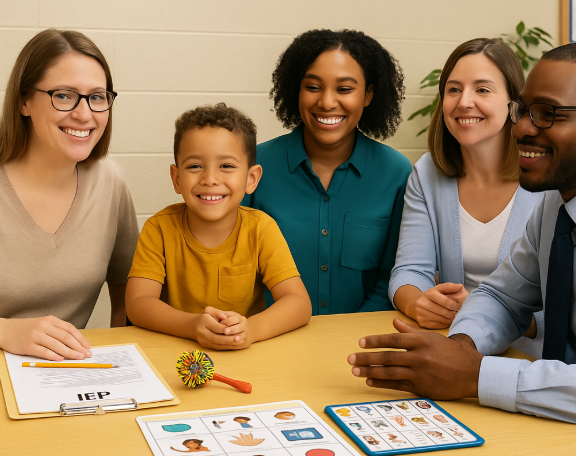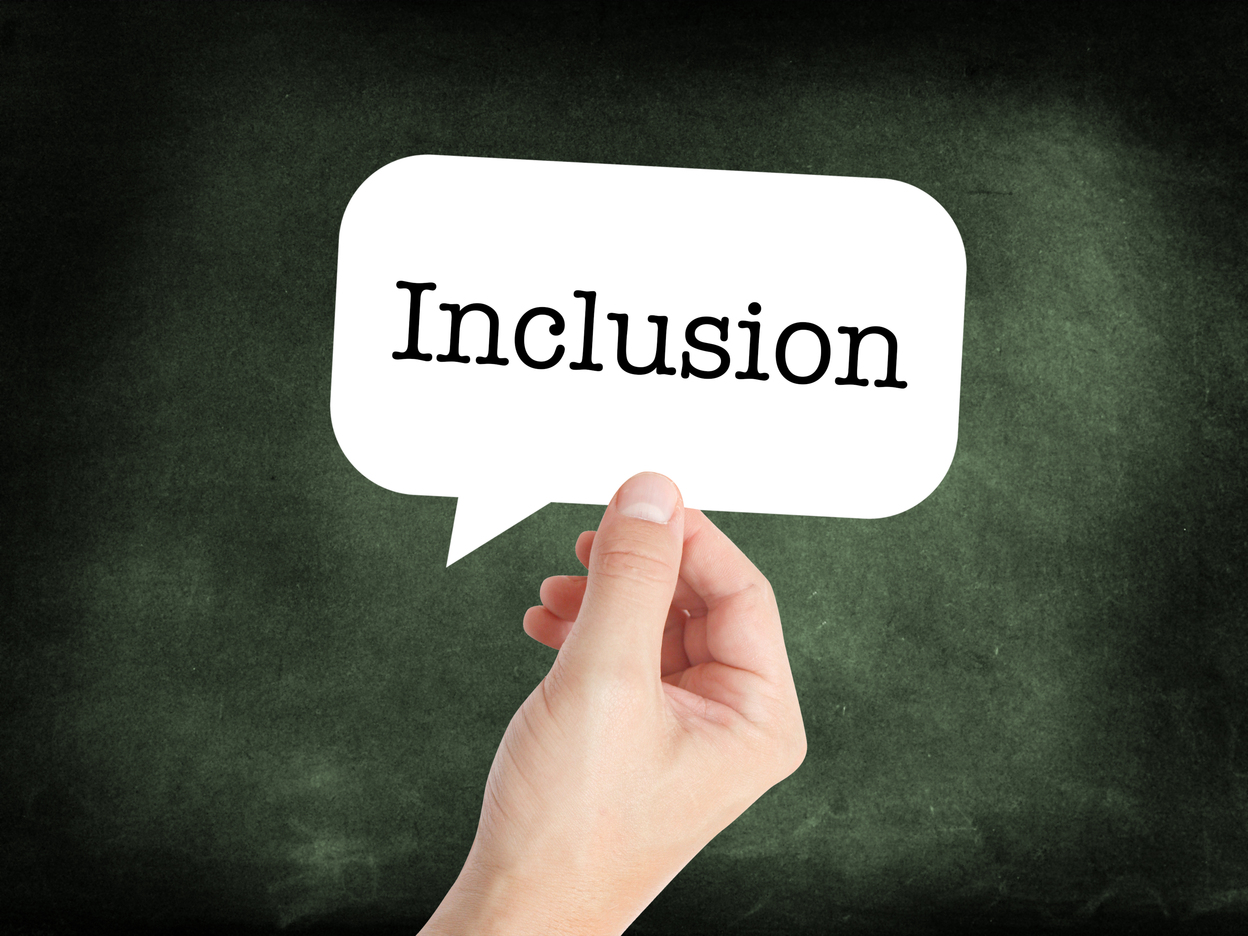
School should be a place where every child feels safe, supported, and valued. Unfortunately, students, including those with disabilities, often encounter teasing, harassment, and even…

School should be a place where every child feels safe, supported, and valued. Unfortunately, students, including those with disabilities, often encounter teasing, harassment, and even…

Parents of children receiving special education services often rely on evaluations conducted by their school district to determine eligibility and support educational planning. But what…

A vital and sometimes overlooked component of special education is the array of related services that help students succeed both in and out of the…

For students with disabilities, the transition from high school into adulthood is a significant milestone. This process—commonly referred to as “transition planning”—is a required component…

Behavioral challenges in the classroom can impact not only a child’s learning but also their social development, emotional health, and overall well being. As a…

School Evaluations determine whether a child qualifies for Special Education. Evaluations provide valuable insight into a child’s learning style, strengths, and challenges. Understanding the components…

Addressing your child’s educational needs can feel overwhelming, especially when special education services and supports are part of your child’s educational programming. While schools strive…

As a parent, your input plays a vital role in shaping your child’s educational experience. You are not just a participant in the Individualized Education…

Applied Behavior Analysis (ABA) therapy is a widely recognized approach that helps individuals build valuable skills and reduce challenging behaviors. Rooted in behavioral science, ABA…

Parents of children with disabilities often hear two terms frequently: Individualized Education Program (IEP) and 504 Plan. Although both support students at school, they serve…